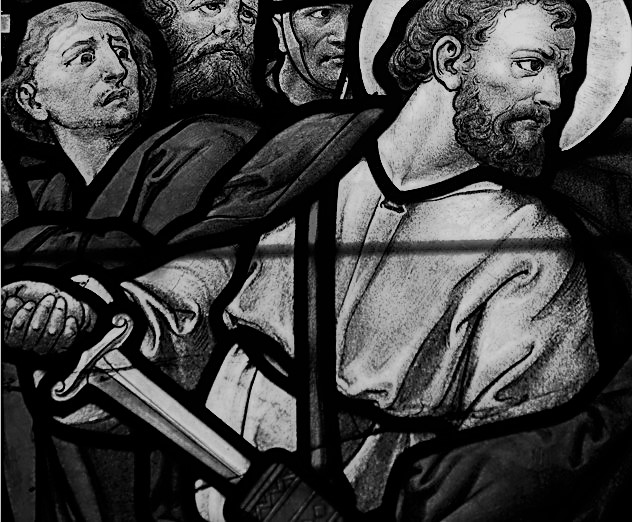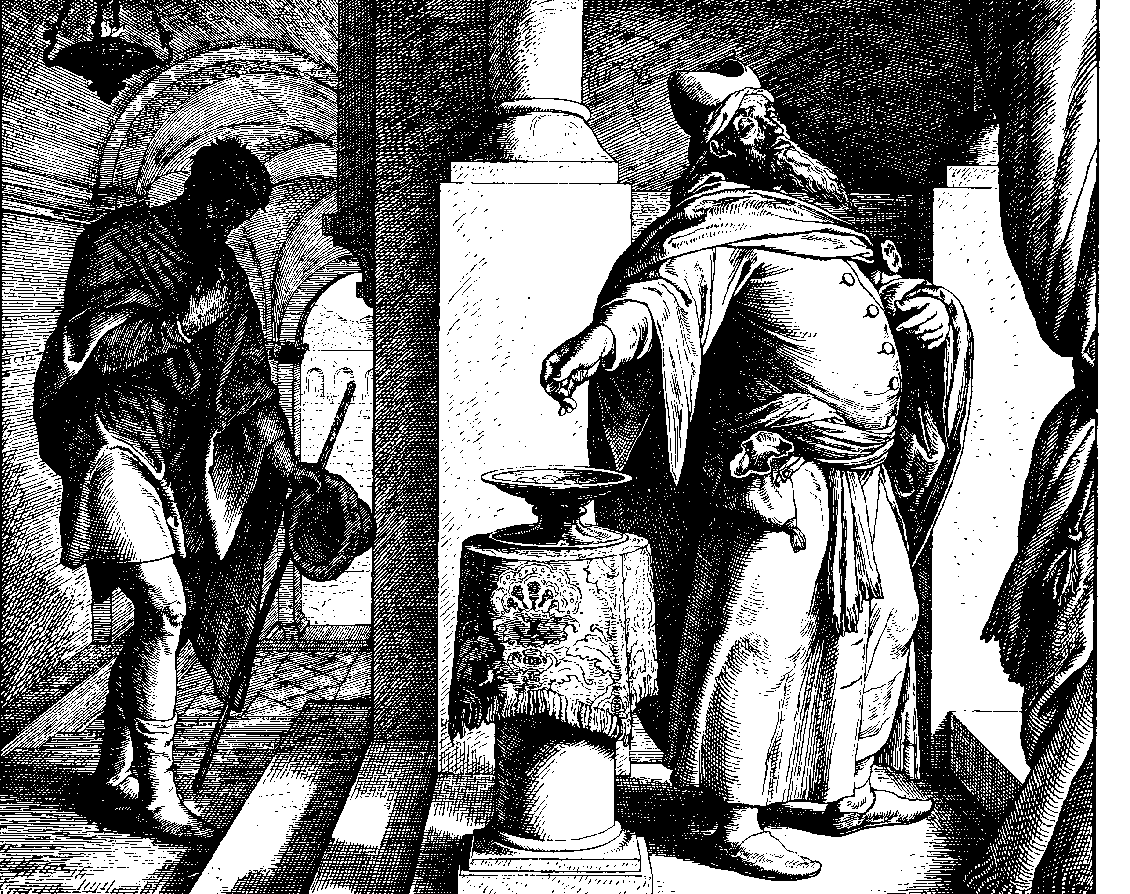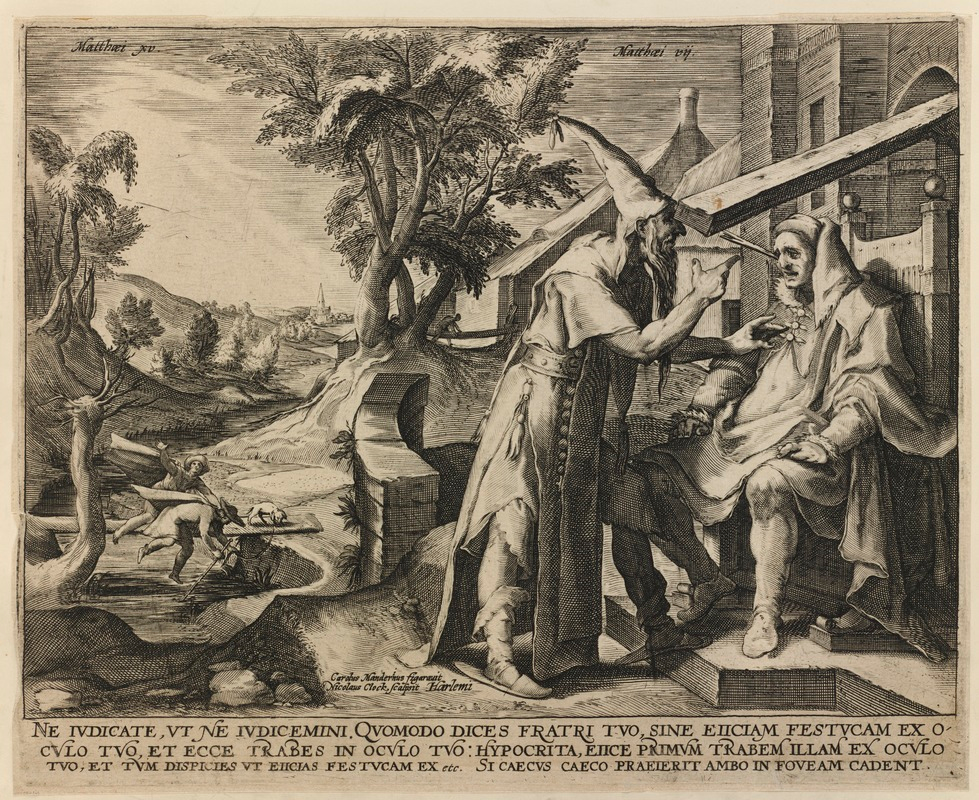Before proceeding with this admirable study in the prophetic I think it might be profitable to first give an introduction to the reader of the term Nicolaitan. According to the second century writing of Irenaeus Of Lyons (c.120-202) The Nicolaitans were followers of Nicolas, one of the seven deacons; Acts 6:5 who were indulging in sexual sins. This tradition seemed to continue on through the writings of later fathers. The name was taken and applied literally until the 16th century when men started to understand the prophetic nature of the seven churches of Asia Minor. It was at this time that the transliteration of the Greek word was used to describe the “deed” and later “doctrine” of this sect that our Lord hated. [Note by admin]
An excerpt taken from G.H.Pember’s The Seven Letters of Revelation 2-3: A Continuous Prediction of the Whole Career of the Church between the Two Advents of Christ
Chapter Four:
The believers in Ephesus had, as a Church, enjoyed the greatest privileges; and stirred by the ministry of Paul, Apollos, Aquila and Priscilla, Timothy, Tychicus, and others, they had so far advanced in holiness and the knowledge of our Lord Jesus Christ, that Paul, in his Epistle to them, is able to speak in terms of high commendation. But the letter which we are now to consider was dictated some thirty years later, and then the symptoms of a deadly decay were just beginning to appear. Another generation had arisen, still holding fast the tradition of earnest devotion to Christ, but having lost much of the motive power of that devotion. And so this Church, with its suggestive name of Ephesus, or “relaxation,”[10] could aptly represent the waning of love at the close of apostolic times.
To the Ephesians, then, the Lord presents Himself as the One Who holds in full control the seven angels of the Churches, and walks continually in the midst of the lamps. For believers who had lost their first love were likely to have forgotten these solemn facts. The result of His ceaseless inspection is that He knows, not merely every word and deed, but even every thought of the Church; and, most graciously, He first mentions what is deserving of praise.
Their works and labor and patience, in regard to all who were within the pale of the professing body, have not escaped His notice. He has observed their hatred of that which is evil, and their carefulness in testing and detecting the false apostles of whom they had been forewarned.[11]
He has seen, too, their attitude towards them that are without, their steady patience in endeavoring to lead them to Him, and their willingness to bear persecution for His sake; and He has marked that, spite of all hindrance and opposition, they have not grown weary in well-doing. He has, therefore, no complaint to make in regard to doctrine or work. There is both orthodoxy and energy, and, moreover, a praiseworthy determination to be separate from evil. And yet all this cannot avail. Upon the seemingly perfect Church there is a slowly-spreading plague-spot which causes Him suddenly to change His tone. The praise He has given is deserved, but He adds, “Nevertheless, I have[12] against thee that thou hast left thy first love.” The teaching, labor, and zeal, of Ephesus were blameless; but her love was waxing cold, and, therefore, she was fast becoming as sounding brass or a clanging cymbal.
But the Lord would not abandon her to ruin. He calls upon her to remember; to look back upon what she was, that she may mourn for what she is, and cry, “Oh that I were as in months past!” For after all, this Church, which to the eyes of men seemed perfect and wanting in nothing, is found to be “fallen.”
A threat follows. Unless Ephesus repents, and does the first works—not merely feels the first feelings, but does the works which should spring from them—the High Priest will remove her candlestick. She shall be His witness no longer. This chastisement does not involve everlasting destruction, but only the withdrawal of power to bear effectual testimony. Many an unfaithful and worldly-minded believer is smitten by it, and walks the earth deprived of all power of speaking for his Savior. He may utter words, but they carry no weight. The influence of the Spirit does not accompany them. For the sin of his covetousness, for his selfishness, and because his soul cleaves to the dust of earth, he has been deprived of the gifts which he abused. He is losing the precious seed-time of life; there is no reward laid up in the heavens for him. Such a one can scarcely hope to have boldness in the Day of Judgment, when he stands before the Throne of Christ to give an account of the things done in the body. He must expect to suffer loss, and to be saved only “so as through fire.”
So searchingly has the Lord used His eyes of flame; and in laying bare the condition of Ephesus, He reveals to us the earliest symptom of decline which appeared in the universal Church, the wane of love. But what depths of His tenderness are disclosed by this Epistle! He first speaks at length of those things which He could commend; and then, after a very few words of censure, again reverts to praise. Yet He does rebuke. He will not overlook our faults for the sake of our virtues.
The last thing for which Ephesus may be praised is that she hates the deeds of the Nicolaitans, which Christ also hates. Possibly those to whom reference is made were a sect of the day in Ephesus; yet nothing is known of their history, all notices in early writers being manifest conjectures framed to explain our Lord’s allusion. But, whatever they may have been in the literal Ephesus, it is clear that something more than an unknown party or sect is indicated in a great prediction of the whole Church. And so, in the prophetic interpretation of the Epistle, the name Nicolaitan is doubtless typical—like Jezebel, Sodom, and Egypt, in other parts of the Apocalypse—rather than historical. It signifies “subduers of the laity,” or “people,” and its introduction seems to intimate that the apostolic arrangements for the government of the Churches were beginning to be abused; that some were already striving to act as lords over the charge allotted to them, endeavoring to establish a hierarchy, a clerical caste which should be distinguished from and superior to the great body of believers. No authority for such a scheme could be found in the New Testament, and those who were guided by the word and Spirit of God must have foreseen how disastrous its results would be. For, if successful, it would turn away the eyes of the Church from her great High Priest to human leaders. It would quickly arouse party feelings, cause schisms, and tend to secularize that which should be purely spiritual. And it would thus soften, and finally obliterate, the line of demarcation between the Church and the world, and induce the former to use the tactics, and desire the aid, of the latter.
Paul anticipated Nicolaitanism in his farewell address to the Ephesian elders, when he said, “For I know this, that after my departing, shall grievous wolves enter in among you, not sparing the flock. Also of your own selves shall men arise, speaking perverse things, to draw away the disciples after them” (Acts 20:29-30). And these men, since the Ephesian Church had not yet yielded to them, are probably to be identified with those who said they were apostles, but upon trial were detected and found to be liars.[13]
Peter also throws out a hint that the evil was spreading in other Churches, when he entreats the elders to whom he is writing not to exercise the oversight of their flocks as if they were lords over the charge allotted to them.[14] And John refers to a particular case, and speaks of one Diotrephes, who loved to have the pre-eminence, and was casting out of the Church those who would not submit to him.[15]
But all this mischief had been foreseen and reprobated by the Savior Himself in the memorable words, “Ye know that the rulers of the Gentiles lord it over them, and their great ones exercise authority over them. Not so shall it be among you: but whosoever would become great among you shall be your minister; and whosoever would be first among you shall be your servant” (Matt. 20:25-27).
The significant manner in which the Lord notes the rejection, for the time, of the Nicolaitans by Ephesus, coupled with the emphatic addition of the words, “which I also hate,” is, perhaps, a hint that, although the Church was still standing in that particular, she had need to take heed lest she should fall. For if any Church is losing its love to Christ, how can it avoid becoming a mere earthly organization under human leaders?
Some twelve years after the dictation of this letter, Ignatius addressed an epistle to the Ephesians which contains unmistakable evidence that a hierarchy was then being established among them. Ignatius supports it, and gives the most extravagant injunctions respecting obedience to the bishop, which culminate in the words, “It is manifest, therefore, that we ought to look upon the bishop even as we would look upon the Lord Himself.” The subject appears to have been attracting general attention at the time; for Ignatius often alludes to it, and in his Epistle to the Magnesians, allows himself to say, “As, therefore, the Lord does nothing without the Father—’For I can,’ He says, ‘of Mine Own Self do nothing’—so also do ye nothing without the bishop; whether ye be presbyters, or deacons, or laymen.”
Thus, then, the signs of decadence among professing Christians of the first age were the waning of deep and heartfelt love to the Lord Jesus, and a consequent discontent with Him as the only Head of His body the Church—a feeling similar, perhaps, to that which prompted the Israelites to demand a king who should go before them. And so men began to form human organizations, which, whatever their nominal sovereignty, soon proved by their deeds that they owed allegiance, not to Christ, but to His adversary, the Prince of this World.
In the last portion of the Epistle, the promise to the overcomer, the Lord addresses those individual members of the Church who are so guided by the Spirit that they are able to discern even the deep things of God. There is a similar promise at the close of each of the other letters, and they are all drawn from the Old Testament, and arranged in historical order. And so, in this first case, the reward offered is the Tree of Life, which is in the midst of the Paradise of God.
The allusion is singularly appropriate. The parents of our race were created in innocency, and should have eaten of the Tree of Life; but were commanded by God not to touch the Tree of the knowledge of Good and Evil. Then another being, the Tempter, appeared upon the scene, and induced them to break God’s commandment on the ground of expediency.
Thus they turned from Jehovah and obeyed Satan. They ate of the forbidden fruit, and were, consequently, driven out of the garden, and far away from the Tree which would have made them live forever.
So, in these early days of the Church, Satan craftily enticed her aside from her Lord; and as her love towards Him began to wax cold, suggested that His spiritual presence was no sufficient connecting bond for the assemblies of His people upon earth, and that believers must, therefore, endeavor to weld themselves into societies by adopting such forms of government as are usual in the world.
To these seductions she yielded, and despising the wisdom which is from above, chose rather to be led by that which is earthly, soulish, and demon-like. So her early purity became as the morning dew. She was quickly, as a corporate society, thrust out of the Heavenly places into which she had been called to sit with Christ. Her organization began more and more nearly to resemble those of this world; and she was soon fain, by minding earthly things, to seek consolation for the loss of that spiritual power which now remained only with some of her individual members.



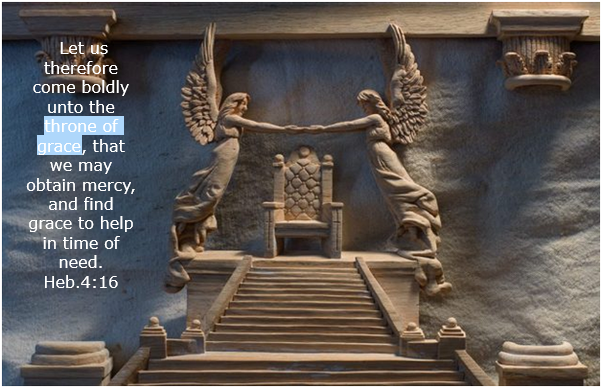
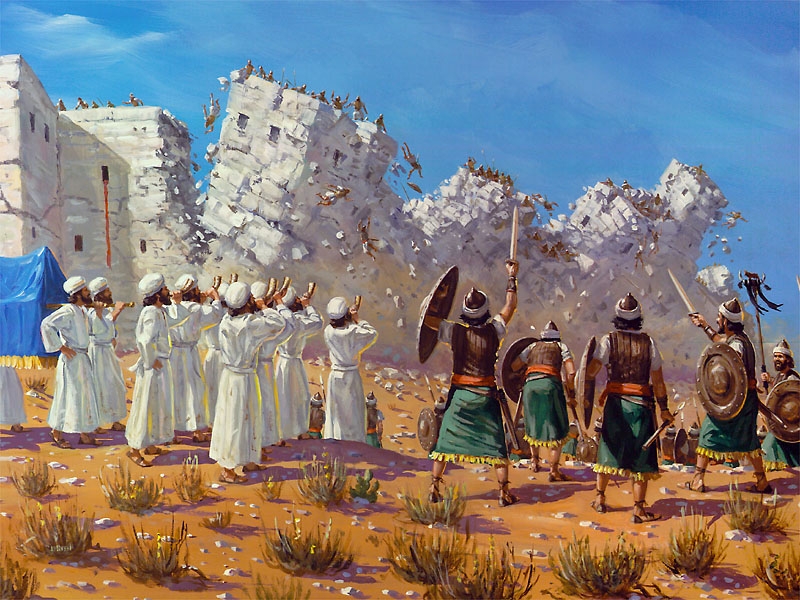
![The Book[s] of Life](https://themastersgoods.org/wp-content/uploads/2019/08/featured_libraries.jpg)

